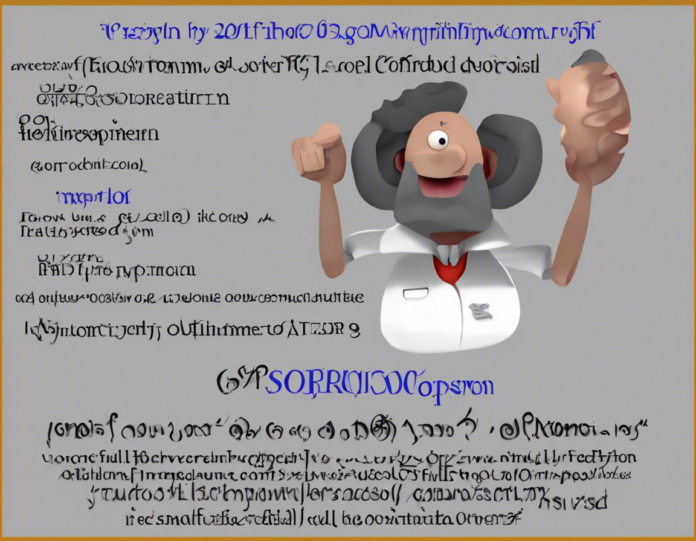In the realm of healthcare, ORS is an acronym that stands for Oral Rehydration Solution. This solution plays a crucial role in the treatment of dehydration, particularly in cases of diarrheal diseases. Dehydration is a common and potentially life-threatening condition, especially in vulnerable populations such as infants and young children. ORS is a simple yet effective intervention that can help restore lost fluids and electrolytes, thus preventing complications associated with dehydration.
Importance of ORS in Healthcare
1. Treatment of Dehydration: Diarrhea can lead to rapid loss of fluids and electrolytes from the body, resulting in dehydration. ORS helps replenish these essential substances, allowing the body to recover and function properly.
2. Cost-Effective Solution: ORS is an inexpensive and widely available intervention that can be used even in resource-limited settings. It is a simple mixture of water, sugar, and salt, making it accessible to communities with limited healthcare resources.
3. Prevention of Complications: Dehydration can lead to serious complications such as electrolyte imbalances, organ failure, and even death. By promptly administering ORS, healthcare providers can mitigate these risks and improve patient outcomes.
How ORS Works
ORS works by utilizing a principle known as oral rehydration therapy. The solution contains the right balance of electrolytes, such as sodium and potassium, and glucose (sugar) to facilitate optimal absorption in the intestines. This helps to replace the fluids and electrolytes lost through diarrhea or vomiting.
When a person is dehydrated, their body struggles to retain fluids, leading to further losses. By providing ORS, healthcare providers enable the body to absorb fluids more effectively, thereby reversing the dehydration process. This approach is safer and more practical than intravenous fluid administration in many cases, especially in non-severe dehydration scenarios.
Benefits of ORS Usage
1. Widely Accessible: ORS packets are readily available in pharmacies, healthcare facilities, and even in some convenience stores. They can also be prepared at home using simple ingredients, as per World Health Organization guidelines.
2. Easy to Administer: ORS is administered orally, making it suitable for patients of all ages, including infants and children. The palatable taste of the solution enhances compliance, ensuring patients receive the necessary hydration.
3. Low Risk of Complications: Unlike some medical interventions, ORS has minimal side effects when used correctly. It is a safe and effective means of combating dehydration, reducing the risk of adverse outcomes.
FAQs about ORS
Q: When should ORS be administered?
A: ORS should be given as soon as possible in cases of dehydration due to diarrhea or vomiting.
Q: Can ORS be used for infants?
A: Yes, ORS is safe for infants and young children. There are specific formulations designed for pediatric use.
Q: How is ORS different from sports drinks?
A: ORS is specifically formulated to treat dehydration and contains the ideal balance of electrolytes for this purpose. Sports drinks may not have the same composition and are not suitable for treating dehydration.
Q: Are there any contraindications for using ORS?
A: In rare cases of severe dehydration or certain medical conditions, healthcare professionals may opt for alternative forms of rehydration. Consult a doctor for personalized advice.
Q: Can ORS prevent dehydration in non-emergency situations?
A: ORS is primarily used to treat dehydration resulting from illnesses like diarrhea. For general hydration, it is recommended to consume water regularly.
In conclusion, Oral Rehydration Solution (ORS) is a valuable tool in the management of dehydration, offering a simple yet effective way to restore lost fluids and electrolytes. Its accessibility, ease of administration, and safety profile make it a cornerstone of healthcare interventions, particularly in settings where resources are limited. Understanding the role of ORS in healthcare can empower individuals and healthcare providers alike to address dehydration promptly and effectively, improving health outcomes and saving lives.


Recent comments